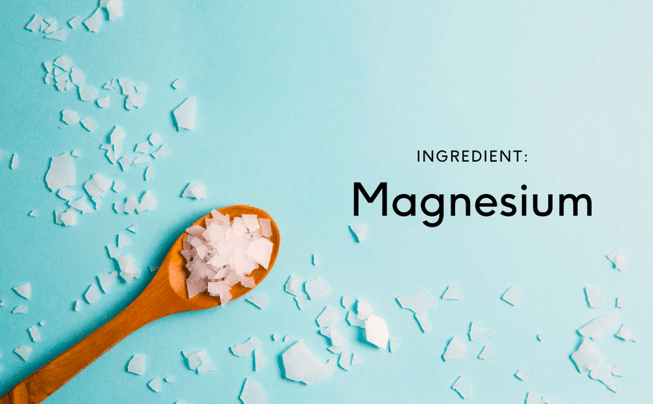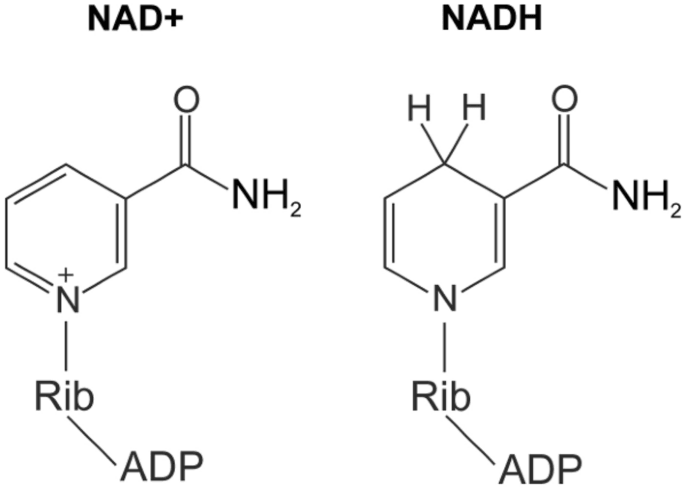How does Vitamin C Support Health?
• Immune support: Vitamin C aids in the production of cells that help fight infection. It may reduce the severity and duration of colds and flu;
• Antioxidant: Vitamin C neutralises free radicals and protects cells against oxidative damage;
• Collagen: Vitamin C is important for the synthesis of collagen which gives structure to skin, nails, hair and connective tissue;
• Energy: Vitamin C aids in energy production and may help with fatigue and support physical performance.


Benefits of B Complex Vitamins
B complex vitamins are essential nutrients that play a vital role in many bodily functions. These vitamins can be administered intravenously (IV) for rapid and efficient absorption.
Different B Complex Vitamins and Their Benefits:
Vitamin B1 (Thiamine)
Essential for nerve, heart, and digestive function. Deficiency can cause beriberi.
Vitamin B2 (Riboflavin)
Important for energy production, healthy skin, eyes, and muscles.
Vitamin B3 (Niacin)
Helps reduce bad cholesterol, increase good cholesterol, and manage atherosclerosis. May also reduce the risk of Type-1 diabetes and protect skin from sun damage.
Vitamin B5 (Pantothenic Acid)
Necessary for healthy skin, hair, eyes, and red blood cell production. Also supports hormone production and gut health.
Vitamin B6 (Pyridoxine)
Essential for mood regulation, eye health, and may help prevent cancer, heart disease, and Alzheimer's disease. Also used to manage PMS symptoms and nausea during pregnancy.
Vitamin B9 (Folic Acid)
Crucial for preventing birth defects and may help with mood regulation, blood sugar control, and kidney function.
Vitamin B12 (Cobalamin)
Important for preventing anemia, age-related macular degeneration, and maintaining memory and cognitive function.
Biotin
Helps break down macronutrients, improve nail strength, regulate blood sugar, and maintain healthy skin.
Intravenous Magnesium: A Vital Mineral for Health
Intravenous magnesium is a vital mineral with numerous benefits and therapeutic applications. Its rapid correction of deficiencies, anti-inflammatory, and muscle-relaxant properties make it a valuable treatment for conditions like asthma, COPD, insomnia, restless legs, muscle fatigue, preeclampsia, and arrhythmias. Ongoing research continues to explore its full potential, promising exciting future developments in healthcare. As we uncover more about this essential mineral, intravenous magnesium may become an even more integral part of medical treatments, offering hope and relief to countless patients.


NAD Supplementation: Benefits, Risks, and Considerations
NAD, or nicotinamide adenine dinucleotide, is an essential coenzyme with numerous roles in cellular processes, energy production, and DNA repair. As NAD levels decline with age, supplementation has emerged as a potential means to boost energy, improve metabolism, enhance immune function, and promote longevity. However, it is vital to be mindful of the risks associated with high doses and to consult a healthcare provider before starting any NAD supplementation regimen. By doing so, individuals can make informed decisions that maximize the benefits while minimizing potential health risks.
